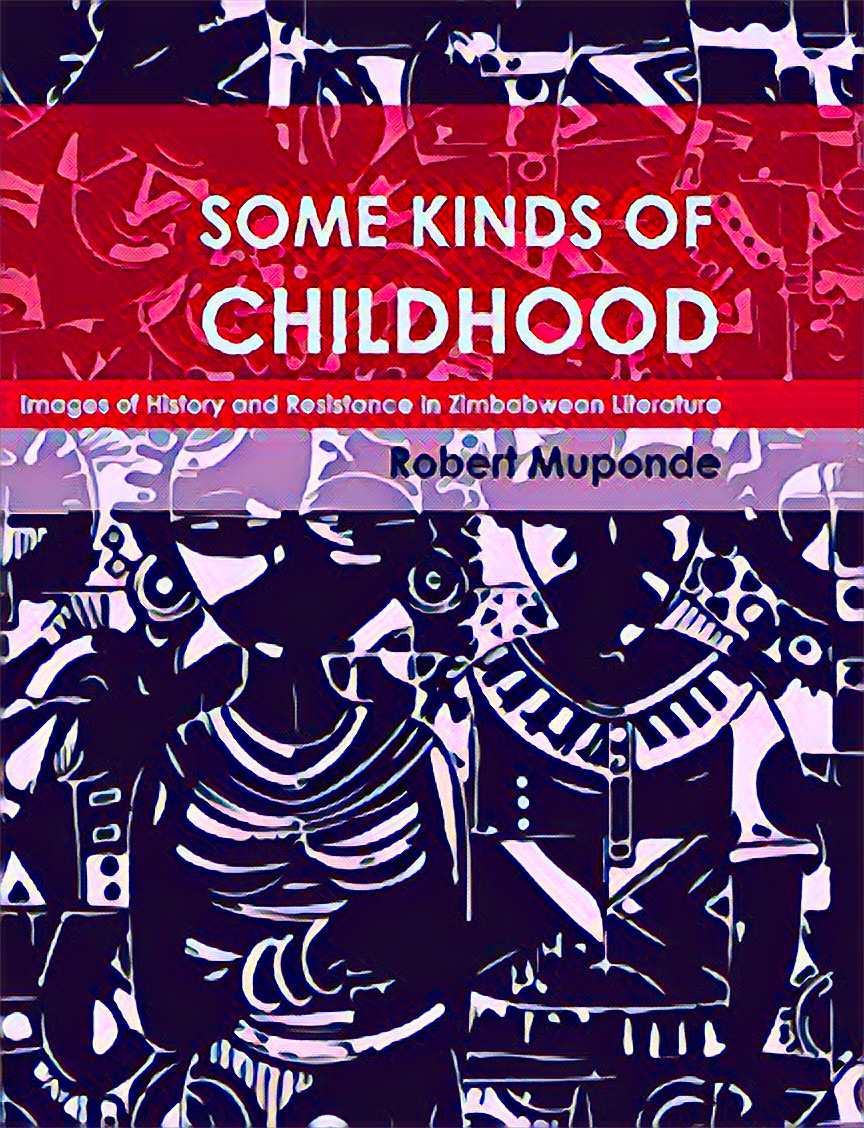KEY POINTS
- Zimbabwean literature shapes and reflects the nation’s identity.
- Writers explore liberation, culture, and shared consciousness.
- Global acclaim highlights Zimbabwean storytelling’s relevance today.
Zimbabwean literature has long been a critical medium for understanding and shaping the nation’s identity. From oral traditions to globally celebrated novels, it continues to reflect the essence of Zimbabwean culture, challenge societal norms, and influence the shared national consciousness.
Zimbabwean literature as a mirror of society and culture
Zimbabwe’s rich oral traditions formed the foundation of its literary history, with storytelling, proverbs, and folktales capturing the values and histories of its diverse communities. Colonialism disrupted these traditions but also introduced new literary forms, which local writers adapted to critique oppression and celebrate African resilience.
Dambudzo Marechera’s House of Hunger is a vivid example of this adaptation, using fragmented narratives to portray the complexities of life in post-colonial Zimbabwe. Similarly, Tsitsi Dangarembga’s Nervous Conditions explores the intersections of gender, culture, and identity, making it a seminal work in Zimbabwean literature.
Fostering national consciousness through storytelling and shared identity
Literature plays an active role in fostering a collective sense of national identity in Zimbabwe. Through the depiction of struggles for liberation, writers like Yvonne Vera and Chenjerai Hove have documented the shared experiences that bind Zimbabweans. Vera’s Nehanda, for example, honors the legacy of a revolutionary spirit by reimagining the life of a spiritual leader in Zimbabwe’s liberation movement.
Beyond national history, literature has become a tool for introspection. Writers explore themes of reconciliation, cultural preservation, and the evolving idea of what it means to be Zimbabwean in a globalized world. This makes literature a cornerstone of not only storytelling but also nation-building.
Global recognition and future trends in Zimbabwean literature
In recent years, Zimbabwean literature has gained global acclaim. Writers such as NoViolet Bulawayo (We Need New Names) have brought Zimbabwean stories to international audiences, blending themes of diaspora and modern challenges with a distinctly Zimbabwean voice. These works resonate globally while preserving the authenticity of their origins.
Despite political and economic challenges, the rise of digital platforms is offering new opportunities for Zimbabwean writers to reach wider audiences. The future of Zimbabwean literature lies in nurturing young voices and ensuring their stories continue to reflect and shape the nation’s evolving identity.


